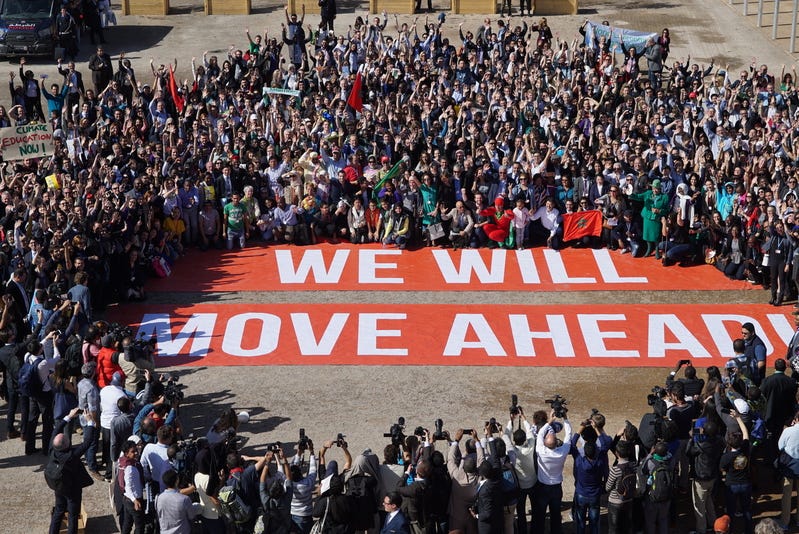What drives people to act? What’s the difference in motivations between a single act and repeated participation in a particular project or community? To figure it out, we’re planning some specific audience research for the users of greenpeace.org. Nadav wrote this excellent post explaining how to understand ourselves and our audience will help us make design decisions. We’re thinking about action and participation as we move forward with defining audience archetypes.
The team has been discussing how we ask the right questions to understand not only the motivations behind actions, but what Greenpeace needs to do to help people understand the impact of their potential actions.
Going into this research, we are taking a look at our various assumptions in an effort to understand which of our beliefs hold truth, which are colored by our self-identification of “activists”, which are cross cutting in the population and which are not relevant.

We will ask people to act on behalf of our planet. Rule #1 is that people don’t do actions they weren’t asked to do. Making asks fundamental to our website is a key pathway towards increasing engagement. Once they’ve been asked, people may decide to act because:
They know that small actions are part of a bigger picture.
- They believe if enough people support an idea, they can make it happen.
- People feel accomplished when a goal has been reached.
- They understand that signing a petition, choosing to buy from a local farm, donating to charities are selfless, easily accomplishable acts that can make a difference.
They can make time to act.
- If a cause is perceived to be important and in line with their values, people can make time to act.
- Activism is part of their lives and involves others, rather than something extra that takes time away from friends and family
- They don’t worry about running out of time or “not doing enough” because they see the big picture and know that a billion acts can lead to a brighter tomorrow.
They understand “action” as an integral part of the community.
- People who feel a connection to those around them are more likely to act.
- People act because they know their action will have a local impact.
- They act to stand in solidarity with their friends and peers.
They know what to do.
- They understand how their actions will have positive impact.
- People who act are self starters.
- They know their participation matters and are willing to reach out and specifically ask others who are acting how they can get started.
- They help others get started
Think about your own participation in the world.
- What causes you to act?
- Why do you take actions with Greenpeace?
- If you contribute to open source, why do you do it?
- If you volunteer for a cause, why do you keep going back?
- Why do you do the altruistic things you do?
Let us know in the comments. Or better yet, fill out our screening survey and perhaps we can interview you in the new year!